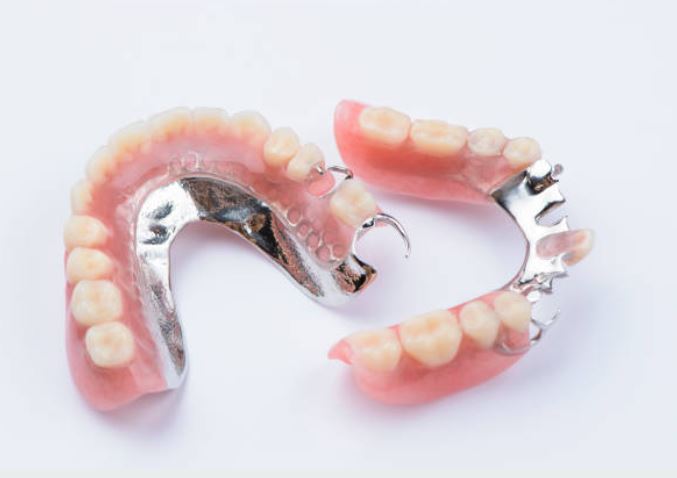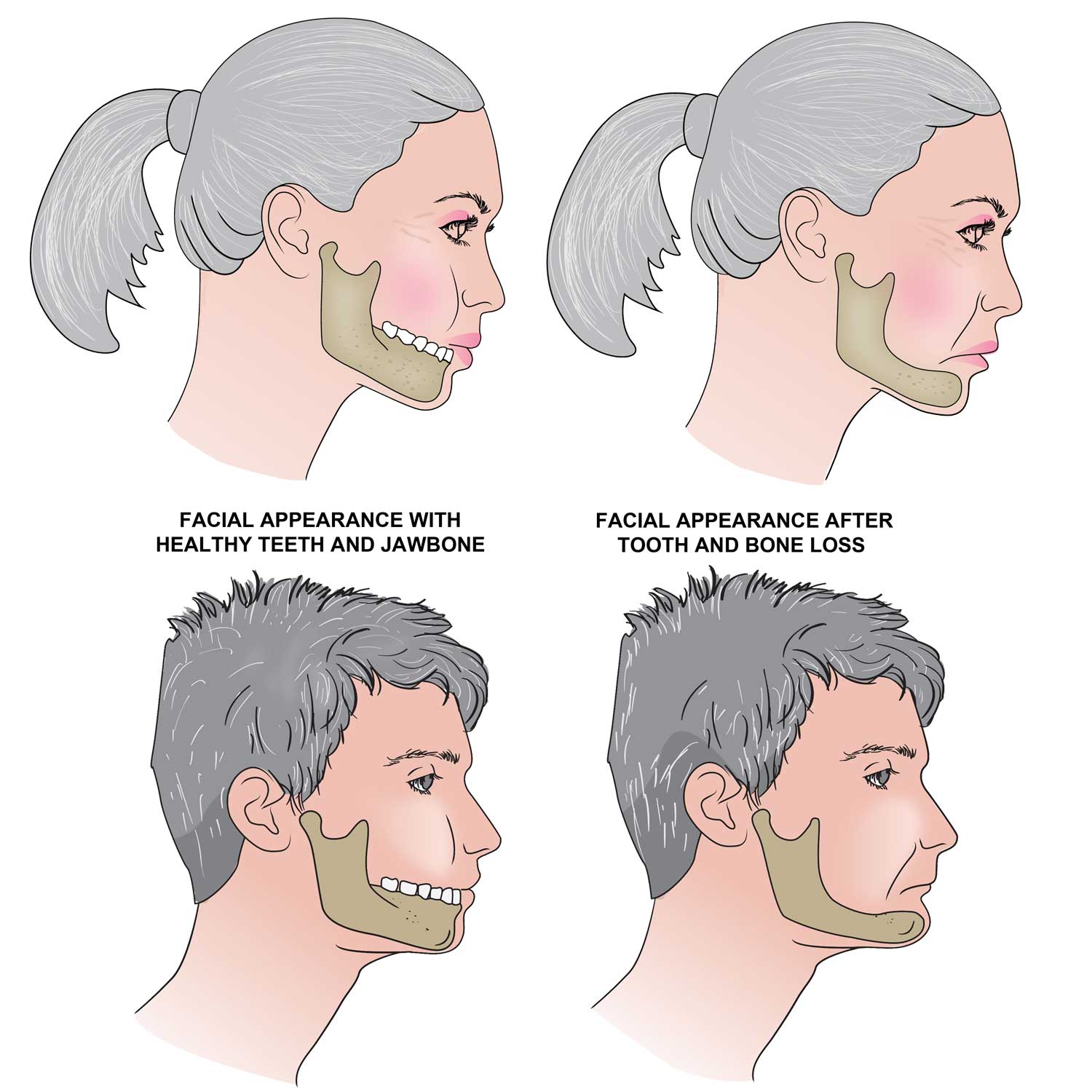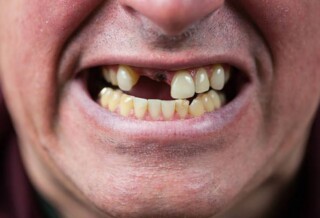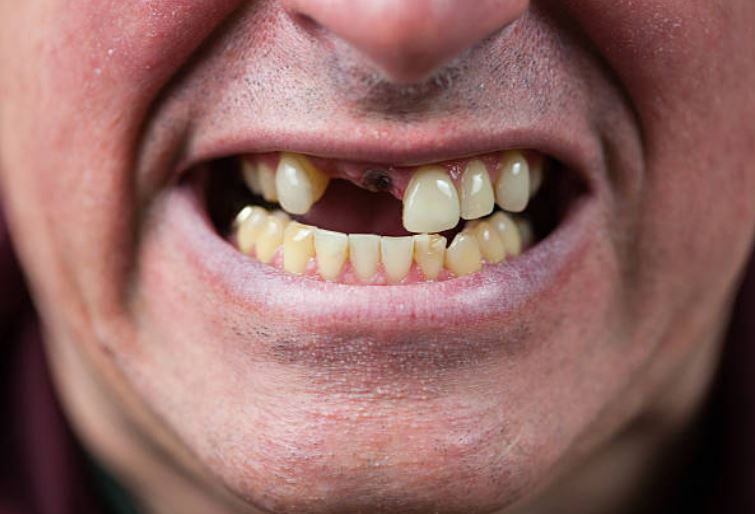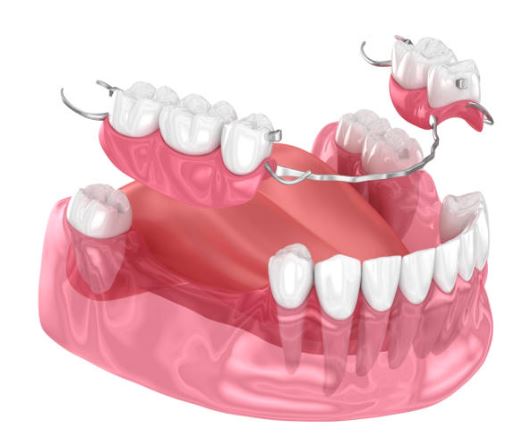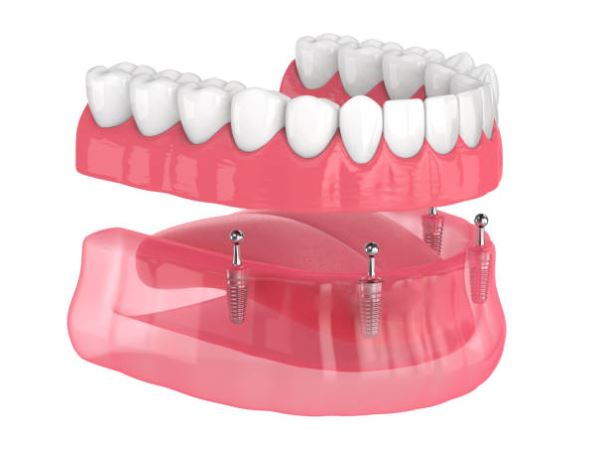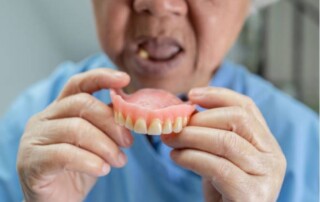Step by Step Process of Getting Dentures

For many, learning they need dentures can be an emotional and challenging moment. Even losing a few teeth can significantly impact daily life, making the idea of replacing them with artificial teeth feel overwhelming. At Newnan Denture, we understand these concerns and offer expert denture solutions designed to restore comfort, functionality, and a natural-looking smile. With personalized care and advanced techniques, we help patients transition smoothly to life with dentures—enhancing both their appearance and overall quality of life.
If you’re interested in dentures, we will explain below what the denture procedure looks like. There are a number of stages, such as tooth extraction, healing time, permanent denture fitting, and adjustment appointments. But you will find the journey is well worth it when you flash your new smile for the first time.
Are Dentures Right for You? What to Expect During Your Dental Consultation
To determine if dentures are the right solution for your smile, your dentist will schedule a comprehensive consultation. This exam includes a visual inspection and dental X-rays to assess the health of your teeth, gums, and jawbone.
Several factors will influence your denture options, including the number of healthy teeth you have, your preference for removable or fixed dentures, and the thickness of your jawbone. Your dentist will use this information to recommend the best type of dentures tailored to your needs.
Step 1: Initial Consultation
If you’re considering getting new dentures, the journey starts with a professional consultation with your dentist. During this initial visit, your dentist will evaluate your overall oral health and guide you through the best treatment options for replacing missing teeth.
Whether you need complete dentures or partial dentures, your dentist will help determine the right solution based on your unique needs. You’ll also have the opportunity to ask questions and get clear, personalized answers about the denture process, costs, and what to expect.
Step 2: Extraction if Necessary
Tooth removal isn’t always required, but it becomes necessary when decayed teeth are present. If you’re currently missing all your teeth or are simply upgrading your existing dentures, you can move directly to the next phase of the denture process.
For patients who need one or more teeth extracted, your dentist will ensure your comfort with sedation options—such as oral sedation—combined with local anesthesia to numb the treatment area. During the extraction, the dentist will gently loosen the tooth using dental forceps, carefully rocking it to detach it from the jawbone and surrounding ligaments. In some cases, teeth may need to be removed in sections if they’re difficult to extract whole.
If you’re receiving full dentures, your dentist might schedule your tooth extractions in stages. For example, back molars may be removed 6–8 weeks before fitting your immediate dentures (also known as temporary dentures), allowing your gums to heal and ensuring a more accurate fit. Alternatively, all remaining teeth may be extracted in a single visit right before immediate dentures are placed.
Regardless of the method, it’s important to know that immediate dentures typically require at least one adjustment as your mouth heals and reshapes over time.
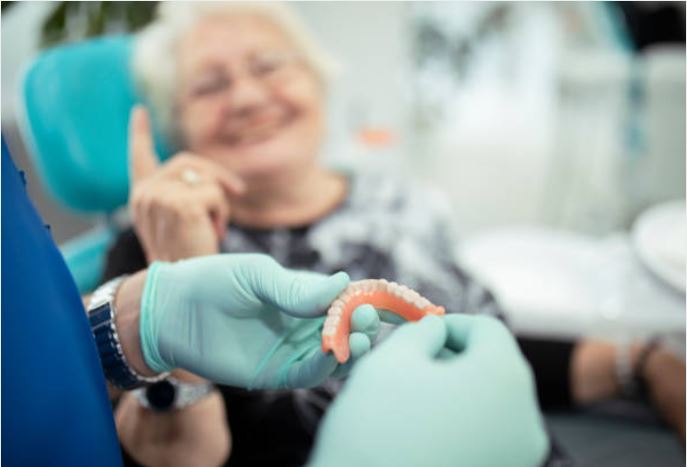
Step 3: Taking Impressions
The next step in getting dentures is taking dental impressions of your teeth and gums. This essential phase ensures a comfortable and precise fit for your custom dentures. During your initial visit, preliminary impressions are taken—this process typically takes about 30 minutes. Two weeks later, you’ll return for your final impressions, which usually take around one hour.
These impressions are critical to creating dentures that fit securely and feel natural. Your dental professional will carefully capture detailed molds of your upper and lower jaws, including any remaining natural teeth. This allows the dental technician to design dentures that match your mouth’s unique shape and bite for optimal comfort and functionality.
Step 4: Jaw Relation Registration
Approximately two weeks after your final dental impressions, you’ll visit the dental office for a crucial step in the denture process: recording jaw relation records. This appointment lasts about an hour and helps ensure that your dentures align properly for a secure and natural fit.
During this visit, your dentist will carefully measure and document how your upper jaw aligns with your lower jaw. Accurate jaw relation is essential—if this relationship is off, your dentures may shift or feel uncomfortable. This stage allows the dental technician to record the exact positioning of your jaws to create dentures that function properly and fit with precision.
In addition to jaw alignment, your dentist will help you choose the color, shape, size, and quality of your denture teeth to match your natural appearance. The final cost of your denture treatment will also be confirmed during this consultation.
Step 5: Try On Appointment
Once your custom dentures are crafted, you’ll return to the dental office for a denture try-on, also known as a fitting appointment. This important step in the denture process gives you the opportunity to preview your new smile before the final dentures are completed.
During the try-on appointment, your dentist will place wax trial dentures in your mouth to assess the fit, comfort, and overall appearance. This allows both you and your dental technician to evaluate whether the dentures meet your aesthetic and functional expectations. You’ll be able to see how your dentures look and feel when speaking and smiling, ensuring they align properly and look natural.
If any adjustments are needed—such as changes in the shape, size, or alignment of the teeth—they can be made at this stage before the final dentures are finished.
Step 6: Fitting Permanent Dentures
Approximately two to three months after your tooth extractions, Dr. Patel will schedule a final denture fitting to ensure your new dentures fit comfortably and securely. During this visit, your dentist will carefully evaluate the dentures for any areas causing excessive pressure or irritation on your gums.
It’s common for several adjustment appointments to be needed to achieve the best fit. As your mouth continues to heal and change shape after extractions, fine-tuning the dentures helps ensure long-term comfort, function, and stability. Dr. Patel will work closely with you throughout this process to provide a customized fit tailored to your unique oral structure.
Step 7: Aftercare and Follow-Up
After receiving your new dentures, you’ll return to the dental office for a follow-up visit to ensure they fit properly. During this appointment, your dentist will make any necessary adjustments to help your dentures feel comfortable, secure, and function as intended.
Regular dental check-ups are just as important as the initial denture process. These routine visits help maintain a healthy mouth and allow your dentist to catch and correct any minor issues before they become major problems. Early detection of denture-related concerns can prevent discomfort and reduce the need for more extensive repairs.
Consistent dental care also extends the life of your dentures, ensuring they continue to fit well and support your oral health over time.
Contact Us
To find out more about our dentures, and how our we can help restore your smile, contact us at 770-251-6868 or request a free consultation online.







